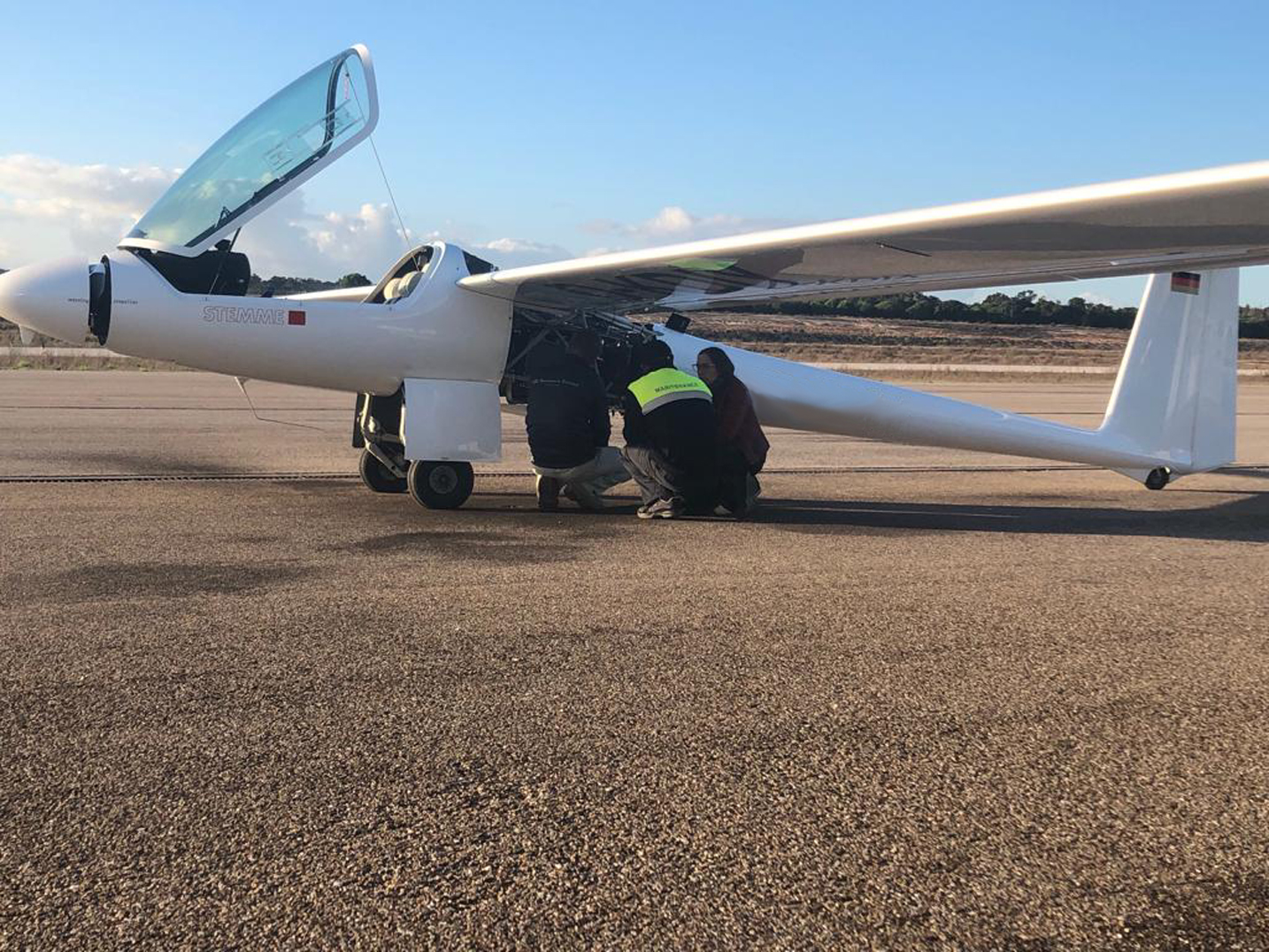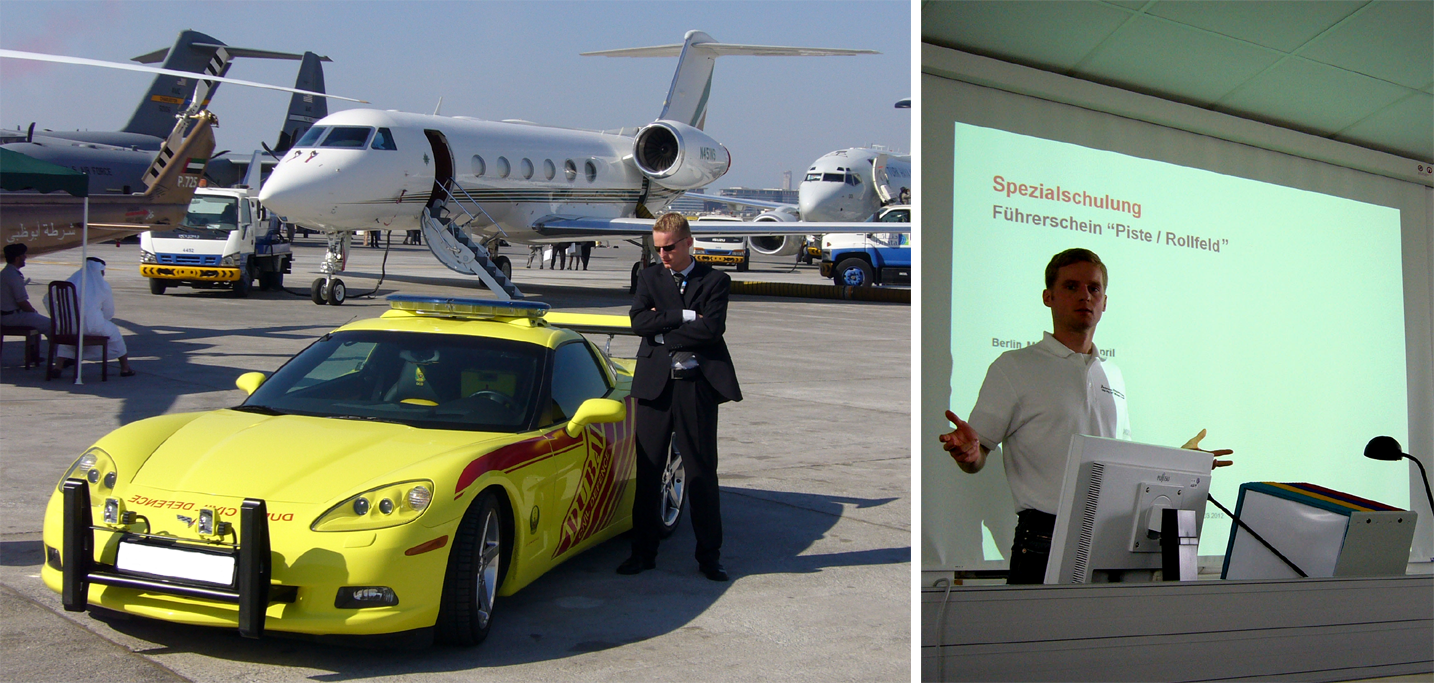Training for highly specialised aerial applications
“Training for highly specialized aerospace applications” is another project of our engineering and consulting services. It is subdivided into the following working areas:
Area 1: Special training in different environments and terrain
- Mountain flying and alpine environment
- Maritime surrounding and remote field operations
- Special weather scenarios
Area 2: Type training on special aircraft
- Initial instruction and refresher training, especially on Stemme S10, Stemme TSA-M, Cirrus SR20/22/22T and PZL-104 „Wilga 35A“
- Wide range of training on rare piston, turbo-prop and turbo-jet aircraft through to avionics training, including extensive training experience with pilots from air forces, police (law enforcement) and civil protection authorities
- Execution of tailwheel familiarization and crosswind training
Area 3: Training of special knowledge and skills
- Night visual flight training without electronic aids
- High altitude flight training with oxygen
- Formation flight training
- Photo and film flight training for “air-to-air” recordings
- Training of lead flight test engineers (LFTE) and test pilots for aircraft according to CS-22/23/VLA
Area 4: Training of Ground Personnel
- Training in the area of driving licenses for runways and taxiways operations at commercial airports
- Training in radiotelephone procedures (trunked radio, aeronautical radio) for ground personnel
- Training of technical personnel in flight operations topics
Area 1: Special training in different environments and terrain
Flying in challenging terrain or under special environmental conditions is a core competence of pilots for Europe-wide or worldwide operations. Accordingly, frequent training courses are organized and implemented.

Mountainous, alpine or high alpine terrain can be encountered not only in the Alps themselves, but also in many other places in Europe, such as the Pyrenees or the Carpathians.
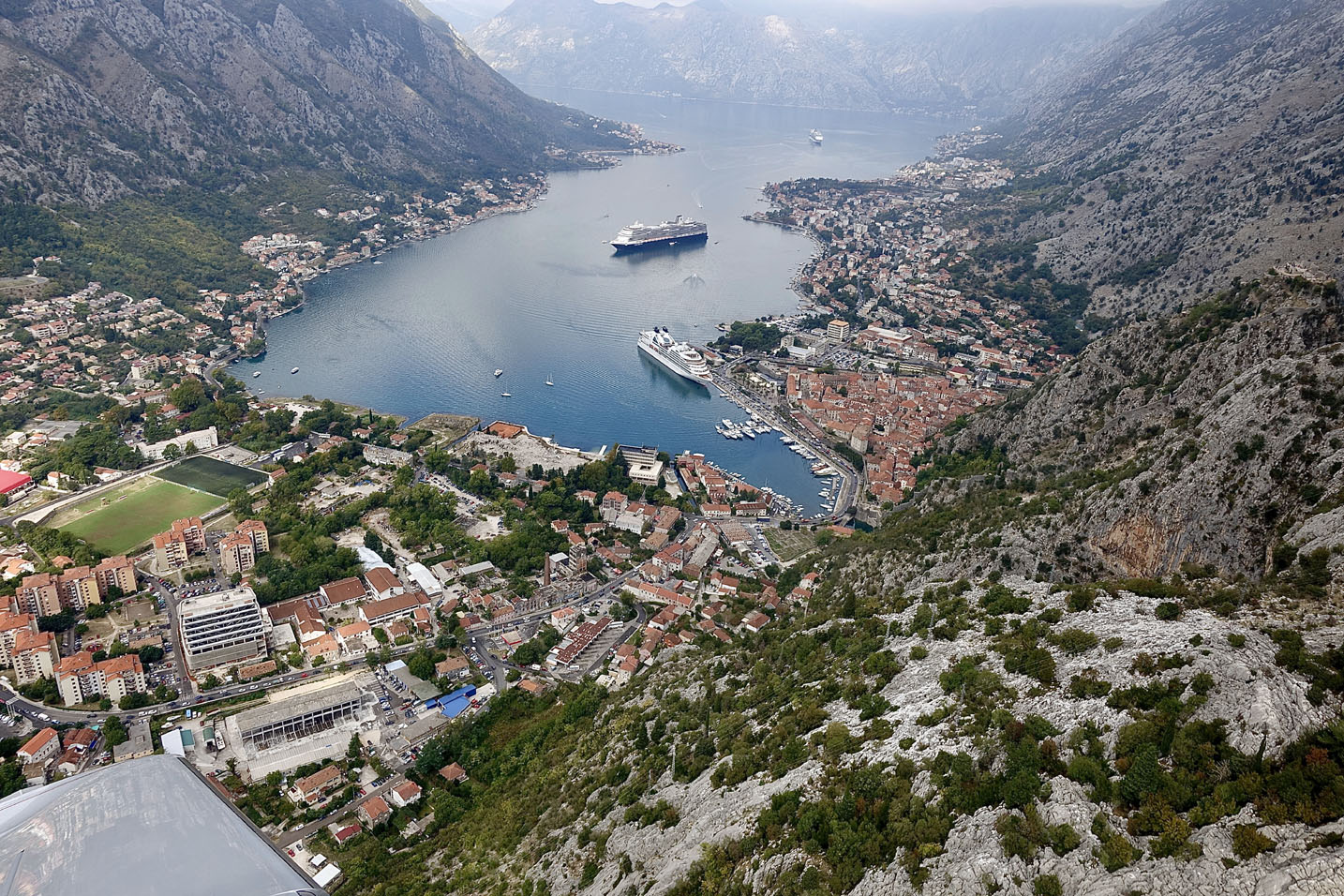
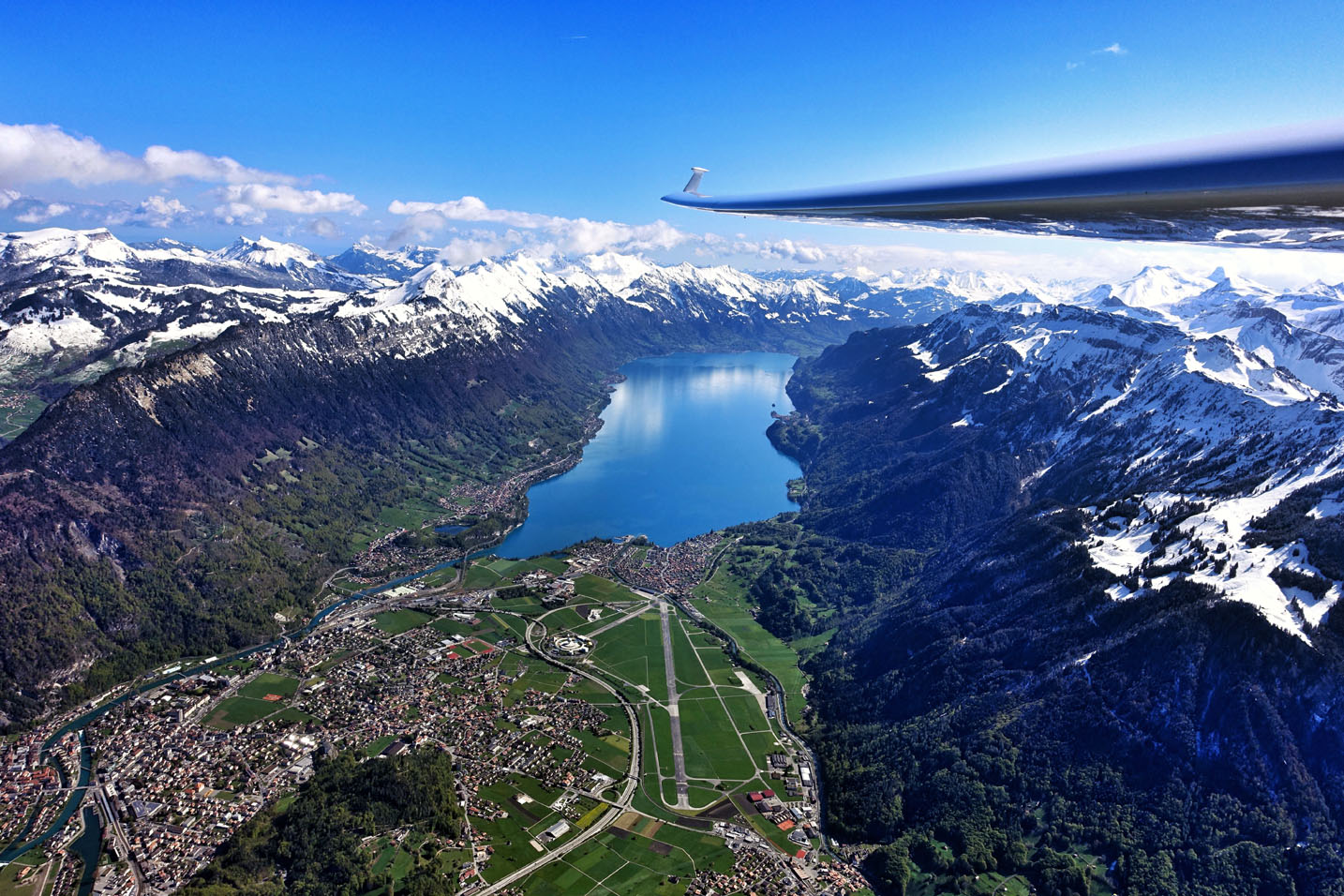
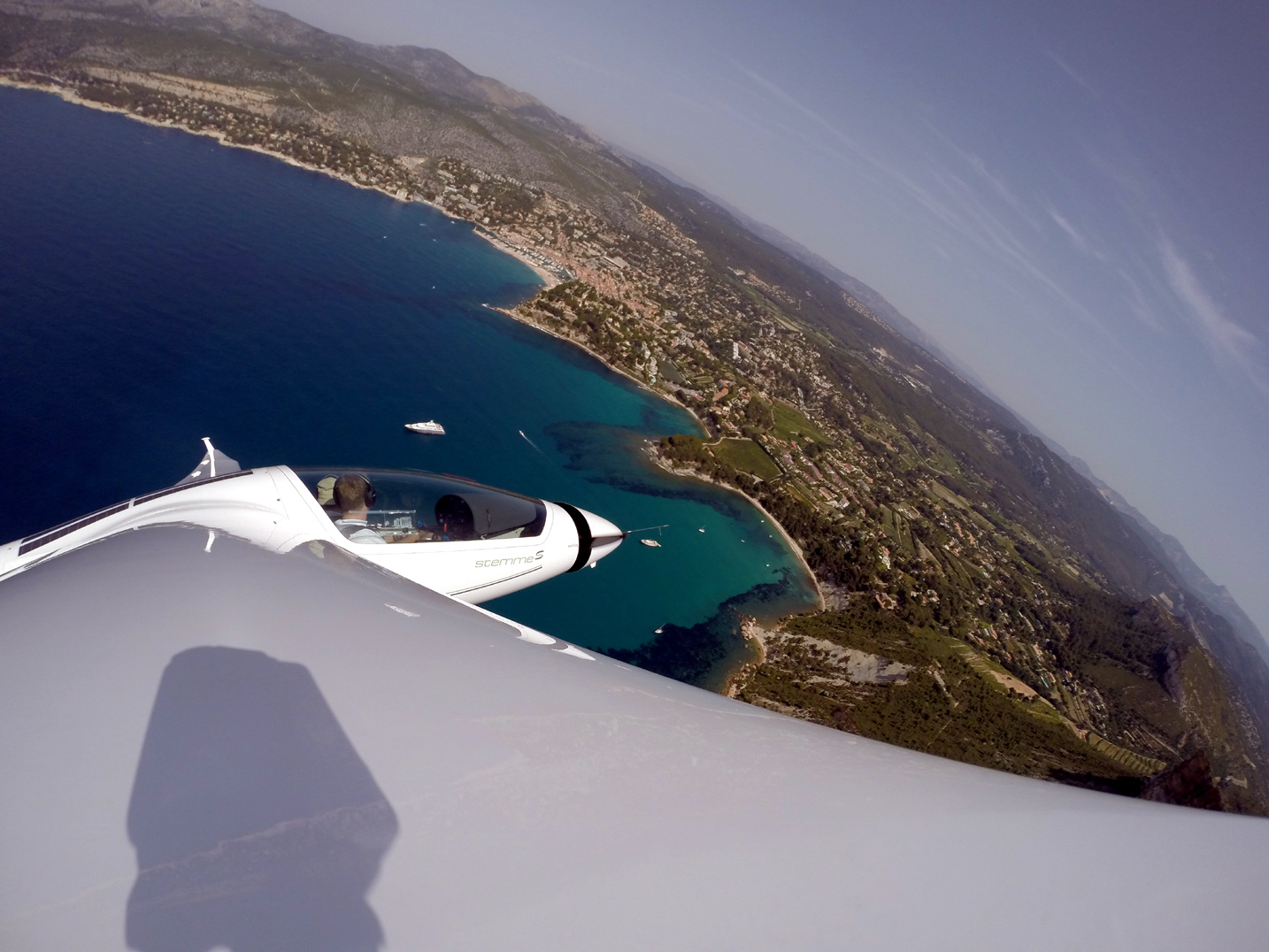
Particular attention is paid to training strategy and tactics in dealing with the “unknown”. This is the only way to calculate risks and keep flight safety aspects high.
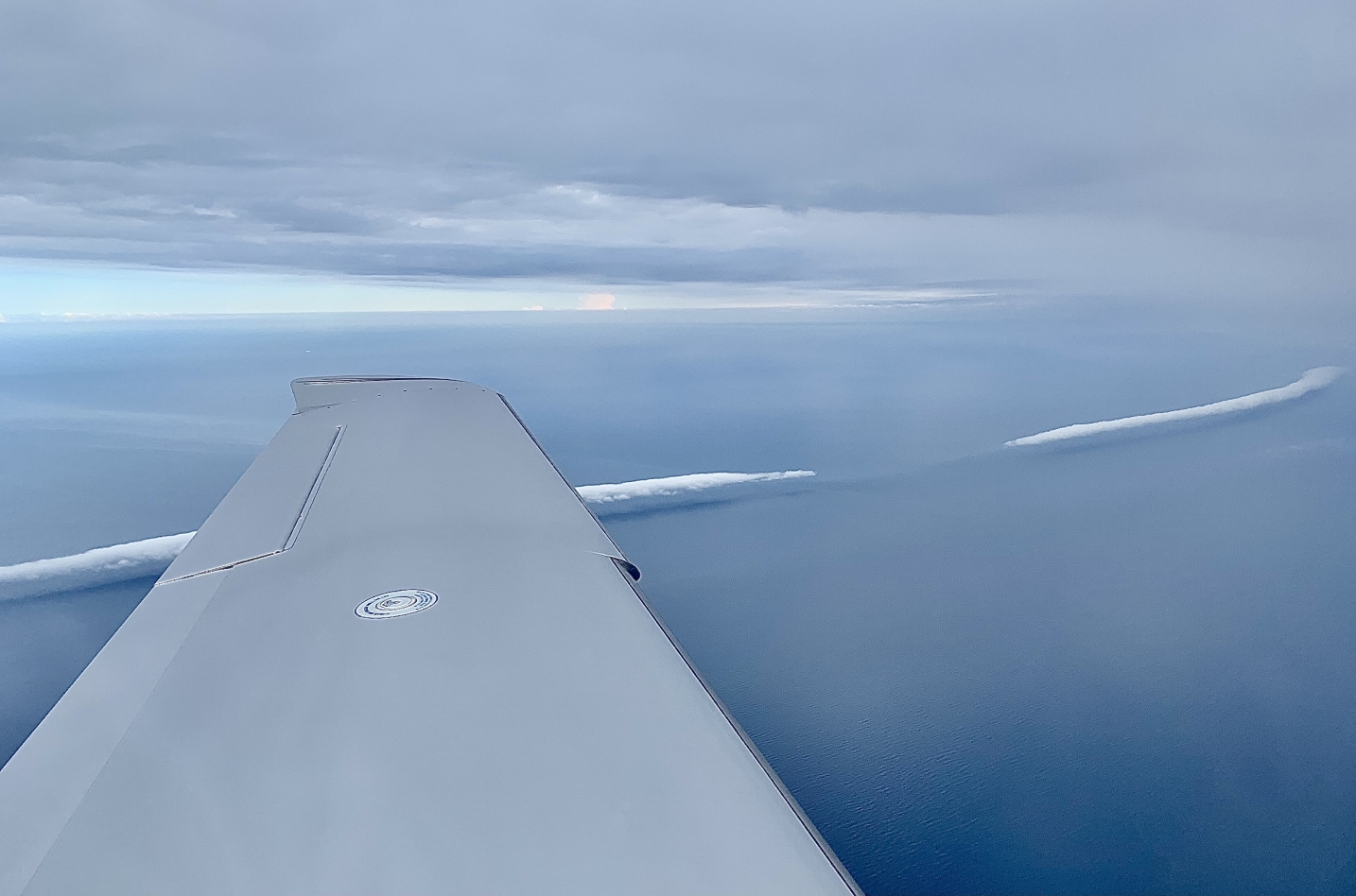
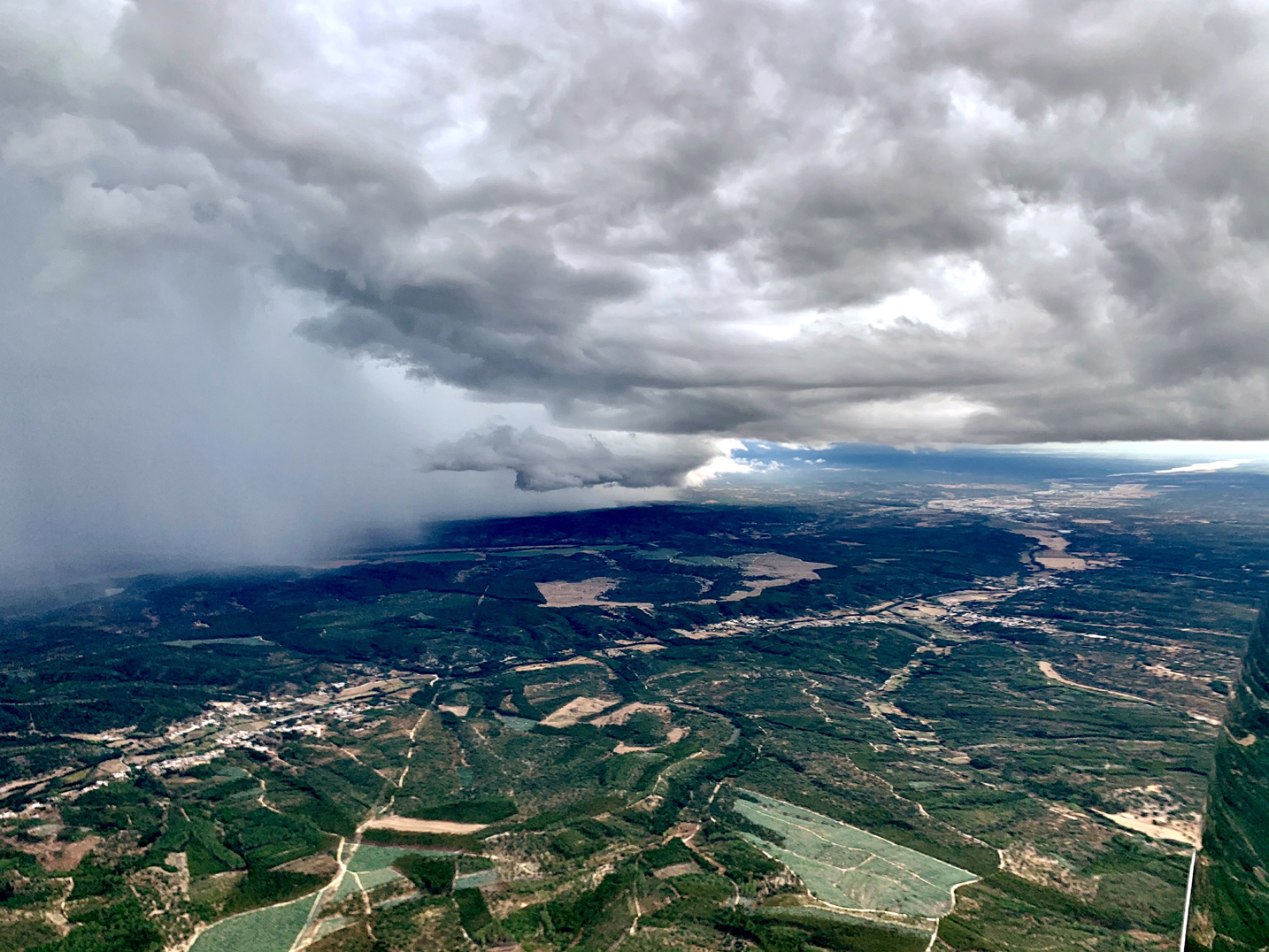
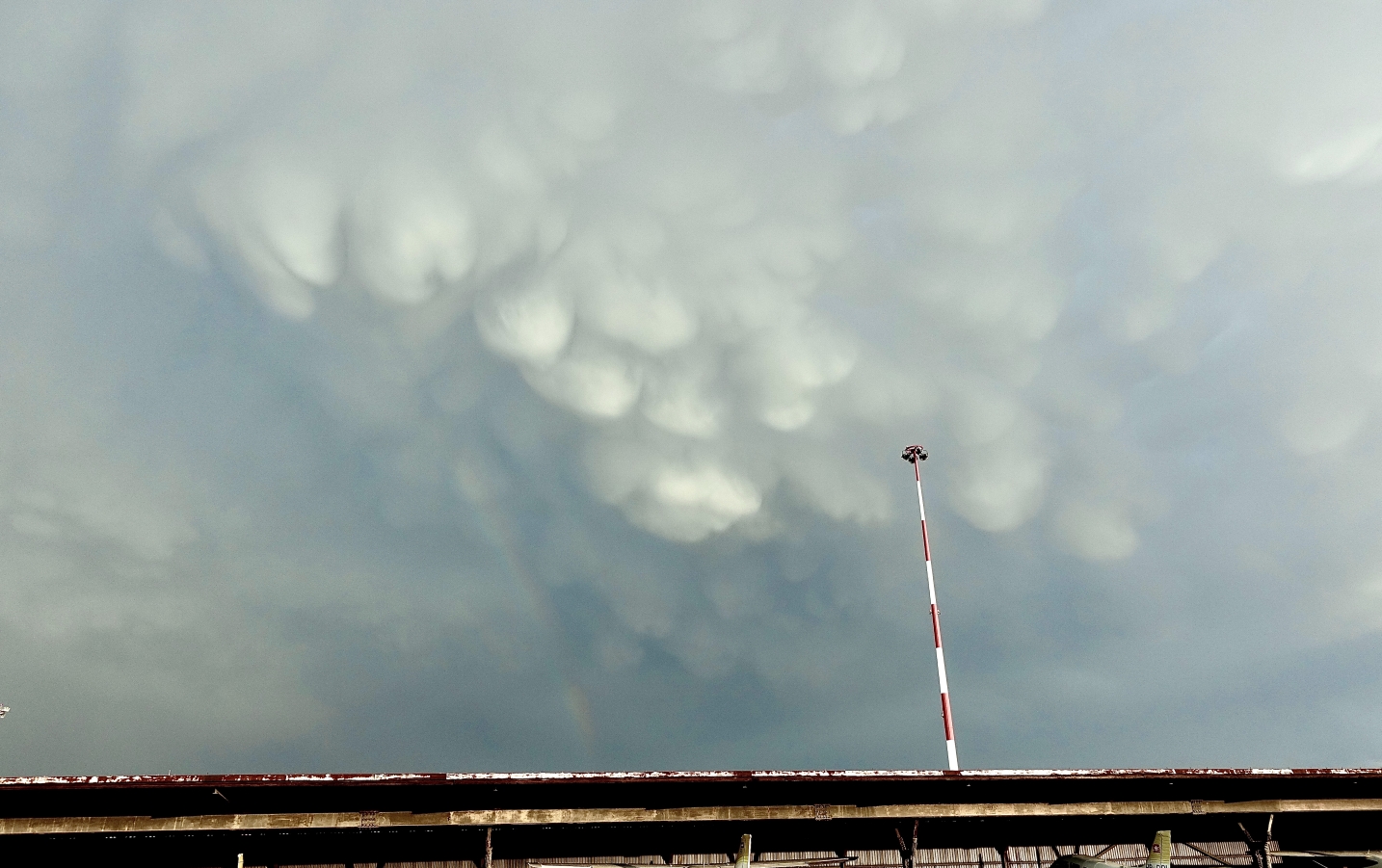
Area 2: Type training on special aircraft
Aircraft are not only complex and demanding when the legislature recognizes this with their own type rating, but also when many non-complex individual requirements come together in one type.
Examples are:
- Stemme S10 and its variants S10, S10-V und S10-VT
- Stemme TSA-M S6, S6-RT, S15 Ecarys (Patroller)
- Cirrus SR20, SR22, SR22T
- Airbus Poland S.A., Model PZL-104 Wilga 35A
We have extensive flight training experience with several thousand hours on these models. This enables us to guarantee the highest possible training quality. In addition, thanks to a close-knit network, we can also offer individually tailored training programs for other types of aircraft. It is also possible to create complete license courses. Of course, the respective aviation background is always taken into account individually. The type training extends not only to the flying part, but also to proper aircraft handling (pre-flight and post-flight) on the ground. This offers additional protection against unplanned ground times due to potential incorrect treatment.
In addition to creating type trainings for civil users, we also have extensive experience in pilot training for:
- Air Forces
- Police Authorities
- Civil Defence/ Protection Authorities (law enforcement units)
- Research Institutions
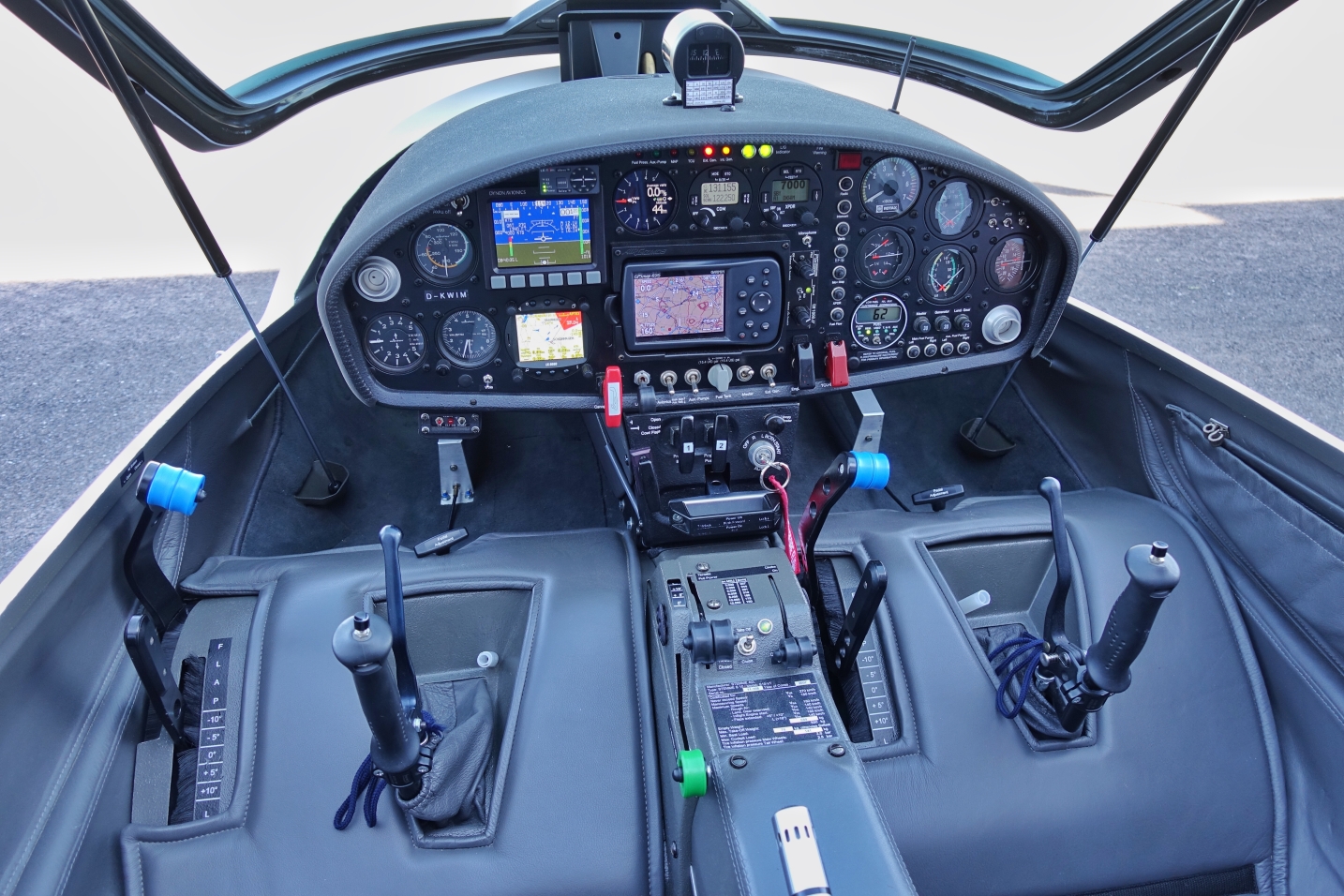
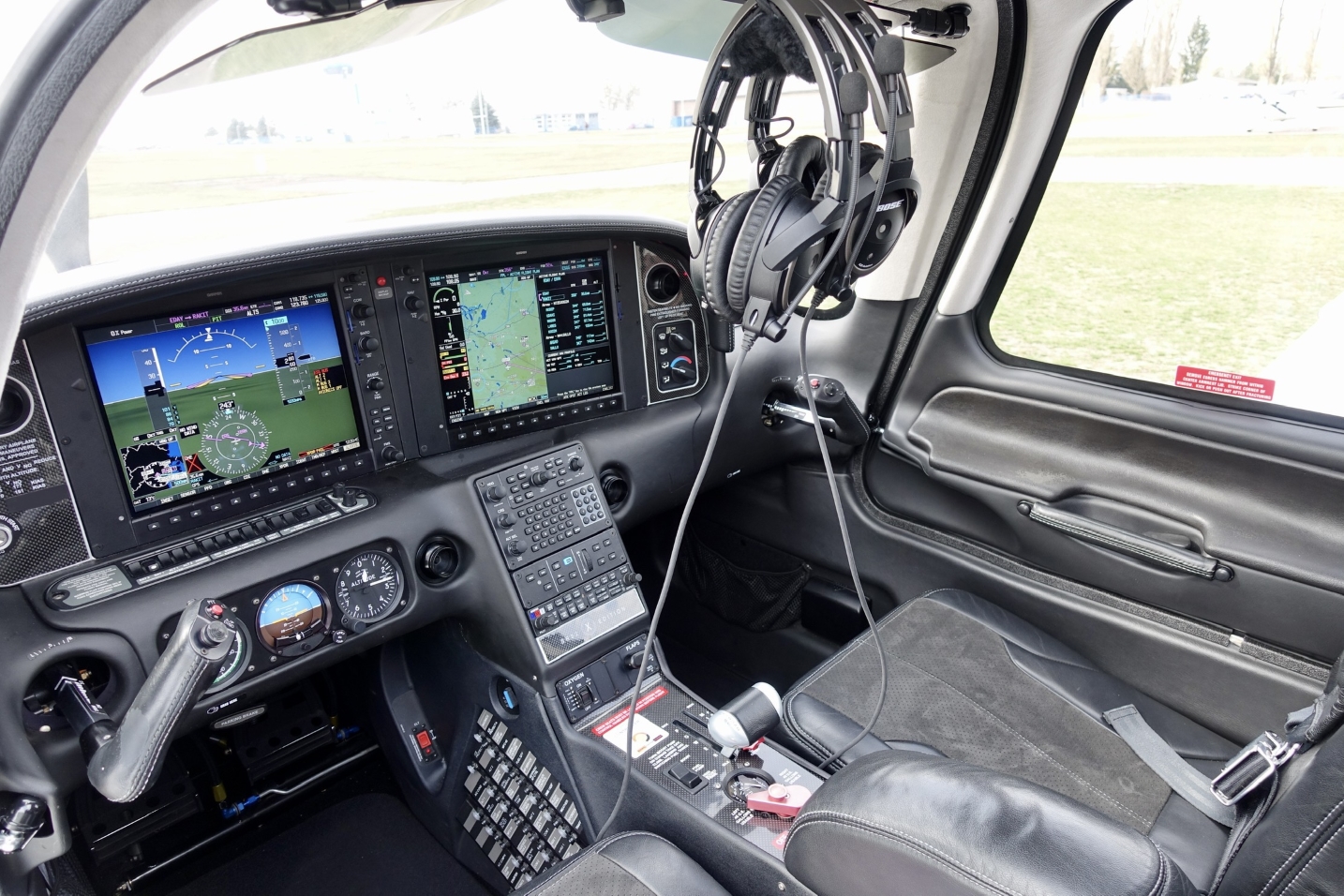

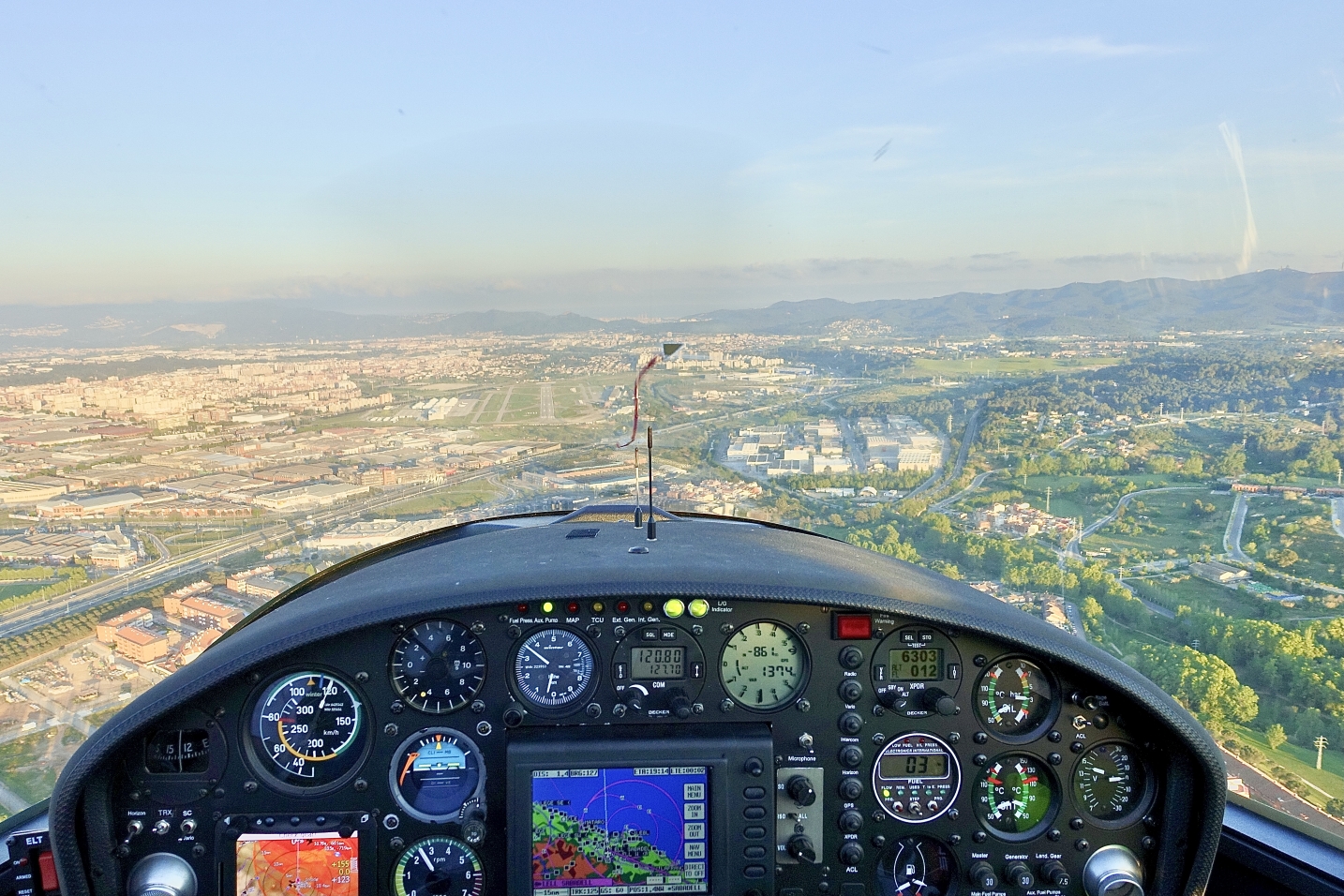
“What you see is what you get” can also be used when training new avionics concepts on familiar aircraft types.
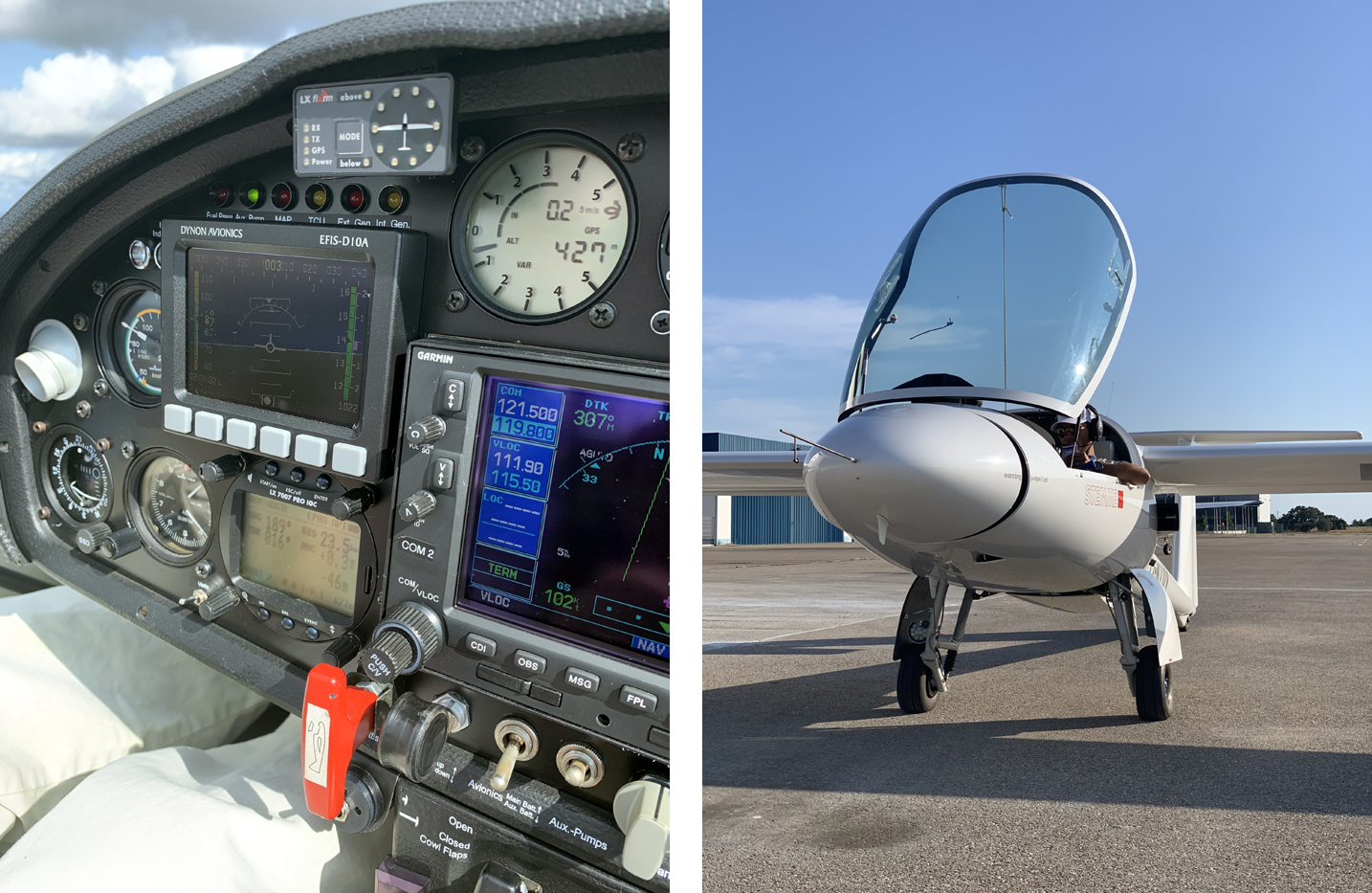
Please do not hesitate to contact us for further information.
Area 3: Training of special knowledge and skills
Special knowledge in aviation must be meticulously conveyed and trained, as well as handling new aircraft types itself. This special knowledge is often accompanied by learning about key technological components.
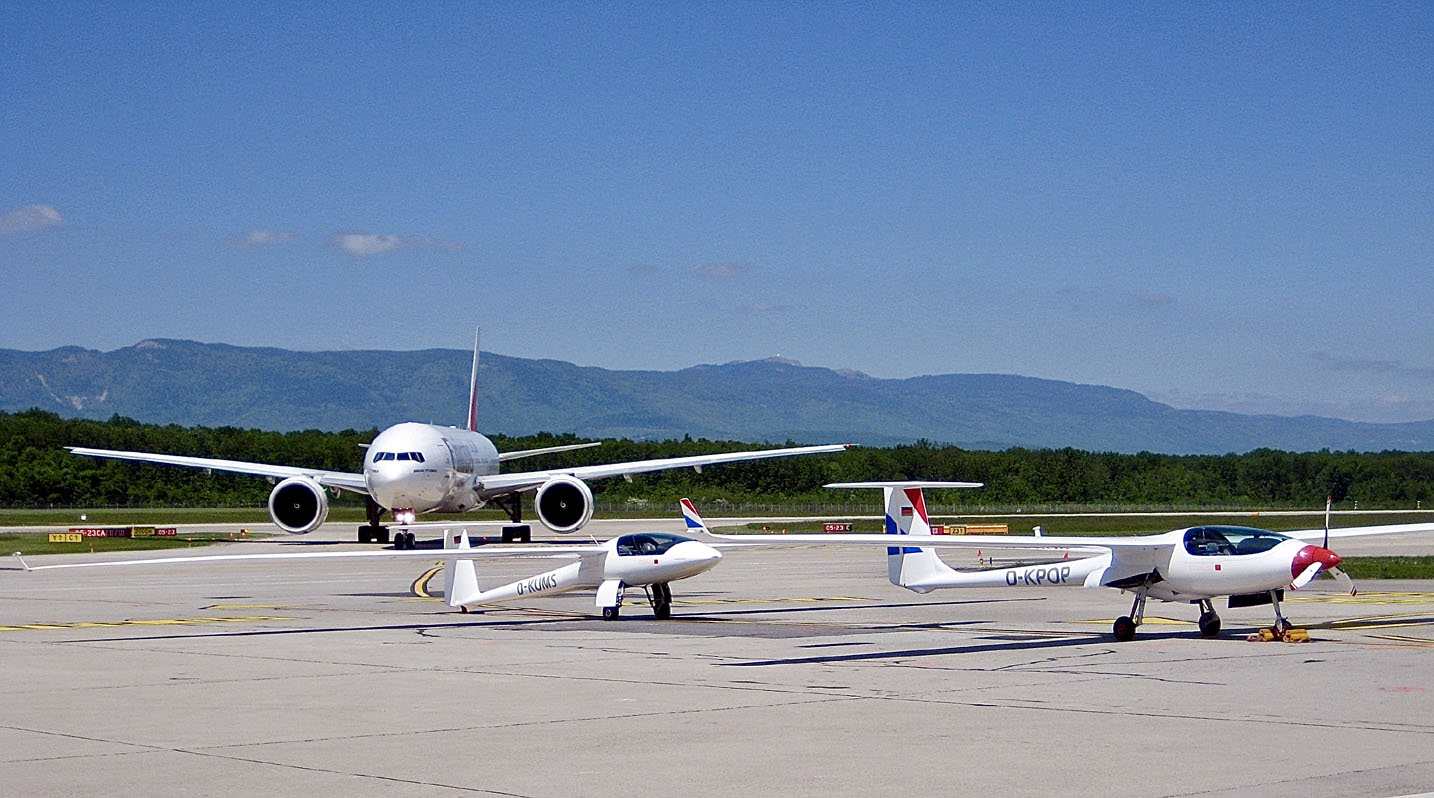
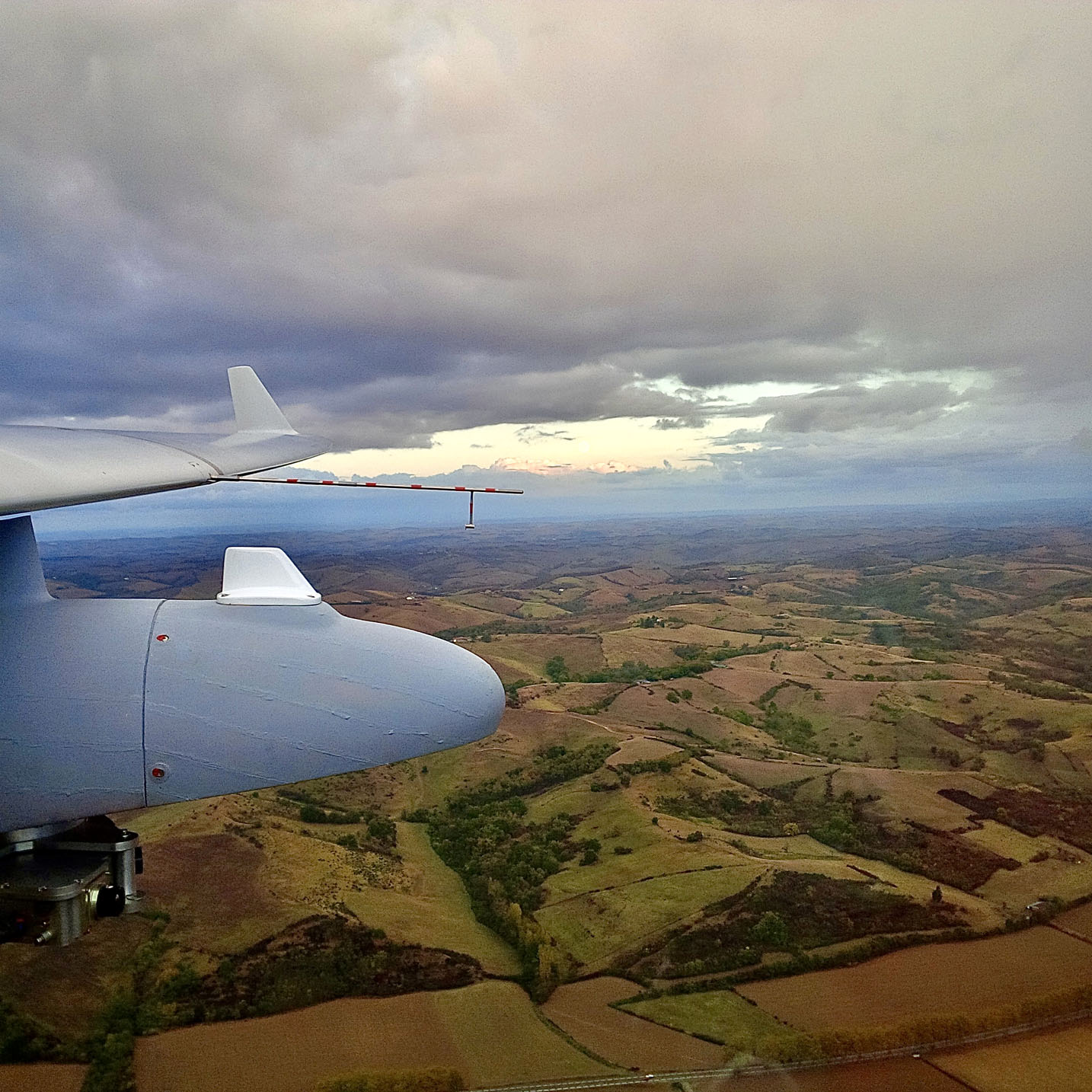
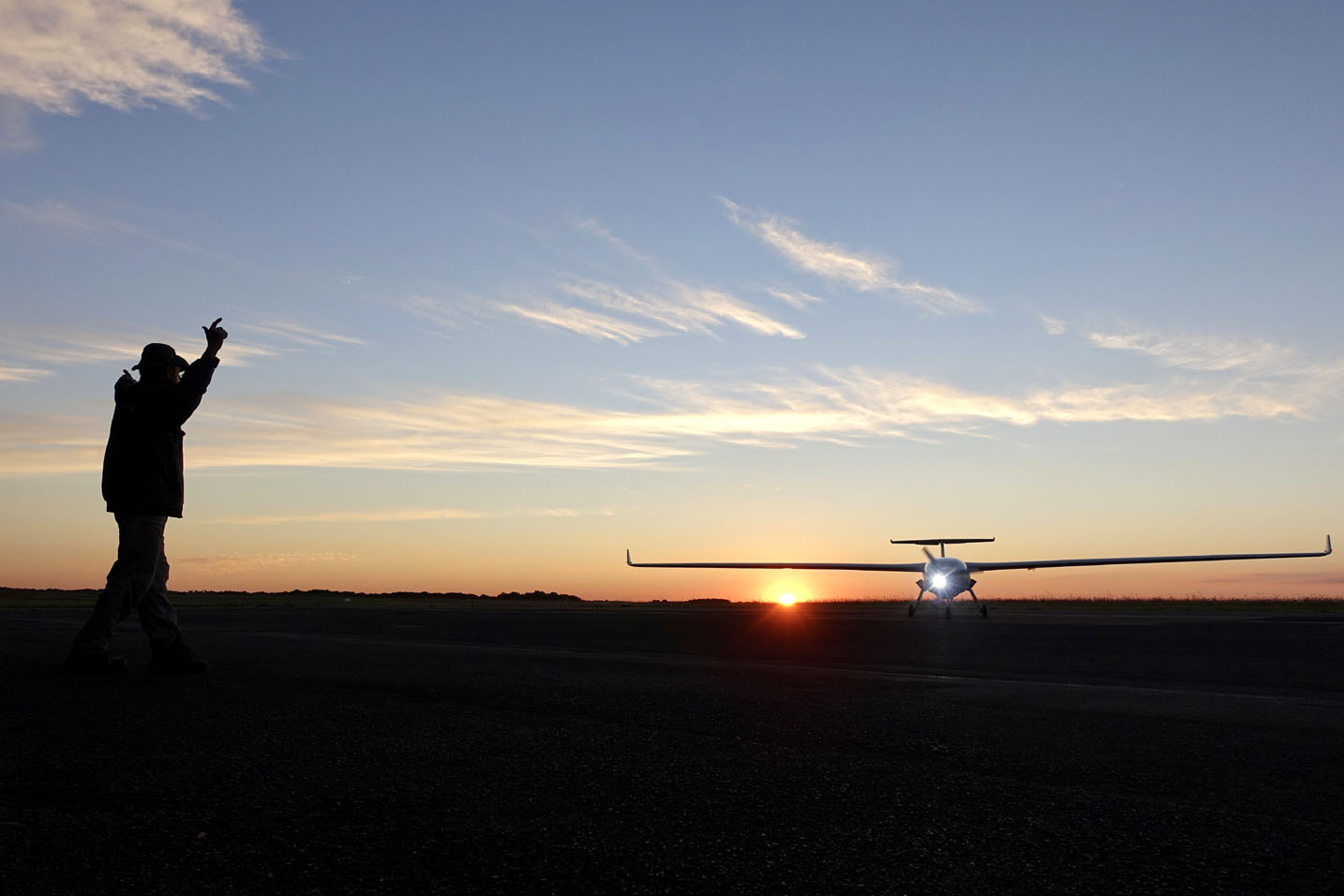
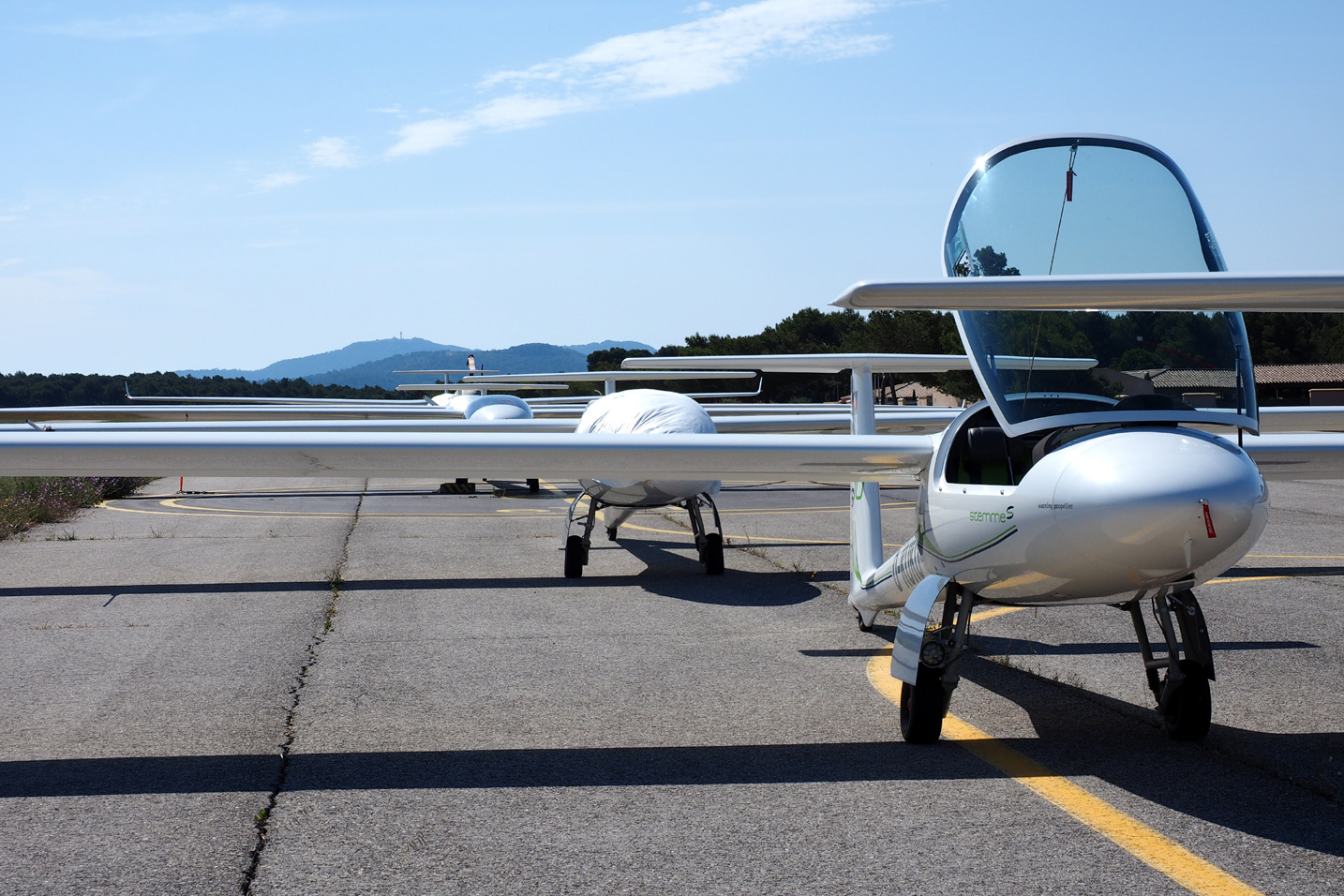
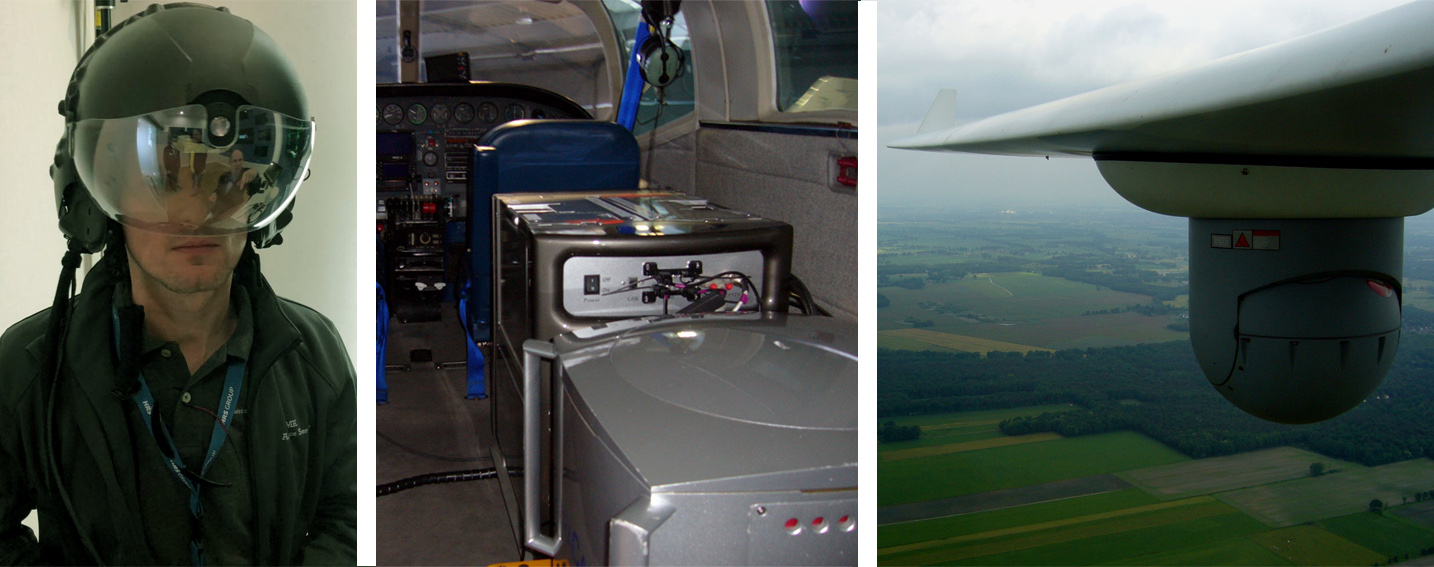

Area 4: Training of Ground Personnel
Well-trained ground staff is just as essential for the safe conduct of flight operations as the flight crew themselves. In this area, we train not only radiotelephone procedures and ground processes but also technical staff on rare aircraft types.
